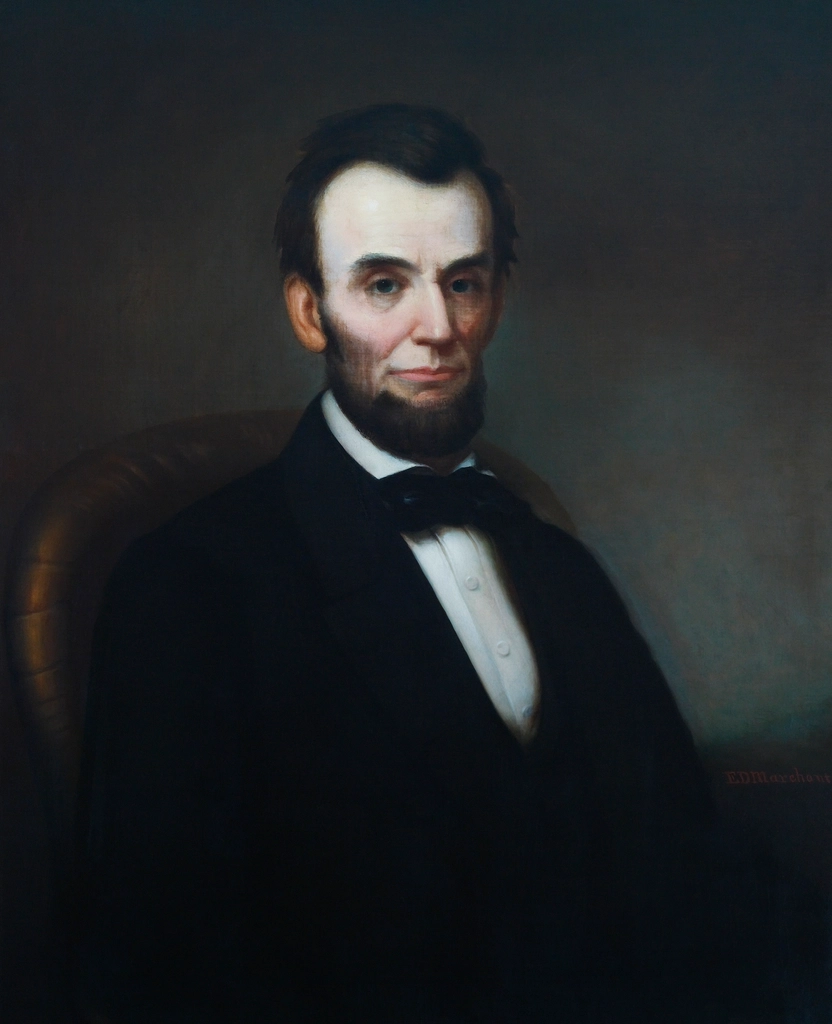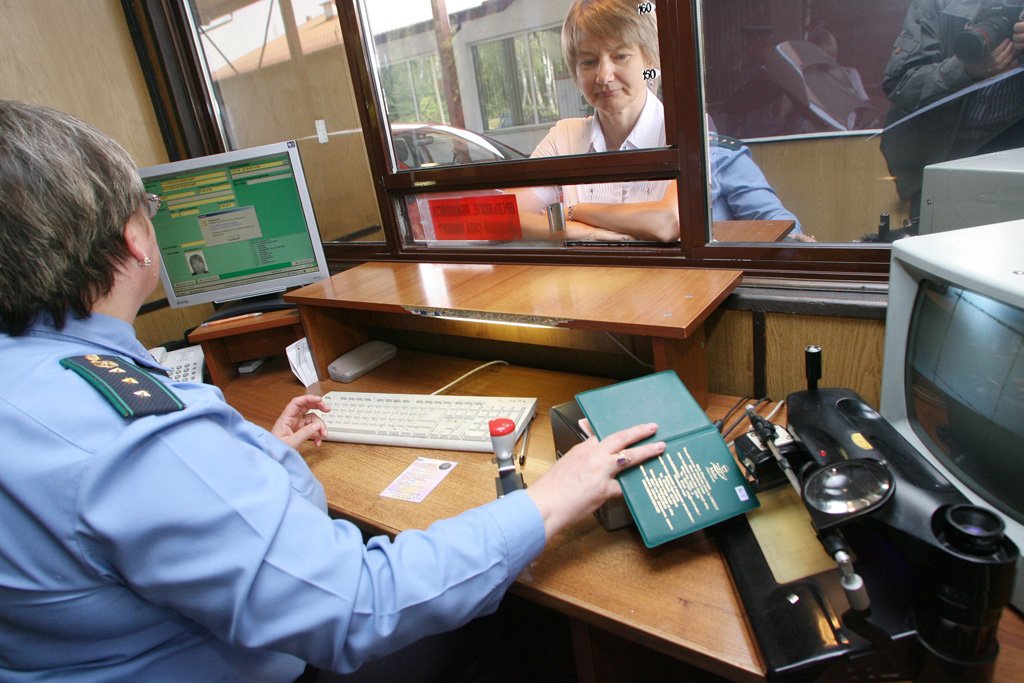The Scandal That Rocked Springfield in 1859

Picture this: you’re Abraham Lincoln in February 1859, fresh off losing the U.S. Senate race to Stephen Douglas. Then suddenly, the biggest financial scandal in Illinois history explodes right in your backyard. What most people don’t know is that Lincoln was right in the middle of it all, not as a villain, but as a key player trying to clean up the mess.
In February 1859, shortly after the Illinois Legislature reelected Stephen Douglas over Lincoln to the U.S. Senate, the first of two successive Springfield financial scandals came to light. These twin scandals unfolded over a period of months and would be the dominant state issues during the time that Lincoln was vying for the Republican presidential nomination.
Joel Matteson – The Corrupt Governor Who Changed Lincoln’s Fate

The first scandal involved Lincoln’s rival and former opponent in the 1855 U.S. Senate contest, the immediate-past governor Joel Matteson, a Democrat. This guy wasn’t just any politician – he was the man who nearly cost Lincoln his shot at the Senate years earlier. One of the most interesting, and possibly the most corrupt, was Joel Aldrich Matteson, Democratic governor of Illinois from 1853 to 1857, and the central figure in what has been described as “the biggest governmental scandal in Illinois’ first century.”
Here’s the kicker: Of Matteson, Lincoln wrote, “his defeat gives me more pleasure than my own gives me pain.” That’s some serious political beef right there. But Lincoln had no idea just how corrupt this man really was.
The Canal Scrip Fraud That Stunned Illinois

On February 2, 1859, the Illinois State Journal reported that the legislature had been notified of the possible defrauding of the state by illegal redemption of canal scrip. Canal scrip were IOUs the state had issued years earlier when it had run out of money during construction of the Illinois-Michigan Canal. The scrip was used to pay contractors who dug the canal. The state auditor, Jesse Dubois, reported that bundles of scrip were found to have been redeemed in 1857 by the immediate past governor, Joel Matteson.
Think of it like this: imagine finding out that your former boss had been cashing checks twice from the same account. That’s essentially what Matteson did, except with government money. But the scrip Matteson had acquired included some that had already been redeemed, and was therefore officially worthless. Lax bookkeeping, however, had failed to record the redemption of the scrip, so it could be used again by someone unscrupulous enough to persuade the state to pay those IOUs a second time.
Lincoln Gets Pulled Into the Investigation

On receiving Dubois’s report, the Senate authorized its finance committee to investigate. Lincoln together with Stephen T. Logan became involved in the case professionally. This wasn’t just any investigation – As an attorney, he provided professional services related to both. As a politician, he worked with his Republican colleagues in an attempt to limit the damage of the second scandal, and when the state treasurer resigned, he worked to have one of his own allies appointed as the replacement.
The scope of Matteson’s theft was staggering. The additional losses to the state were calculated at $165,346. The initial losses had been determined to be $223,182, so the total losses from the canal scrip fraud amounted to $388,528, or more than $12.5 million in 2021 dollars. That’s like stealing over twelve million dollars from taxpayers today!
The Corruption Goes Deeper Than Anyone Imagined

But wait, it gets worse. Before his election as governor, Matteson had acquired a large quantity of state “scrip” which had been used to pay workers on the Illinois and Michigan Canal. It was a promise that the state would pay at some future date a specific amount for goods for services rendered. The man literally had insider knowledge about worthless government IOUs and used his position to cash them in.
The certificates were essentially blank checks that, as Howard said, were “invitations for forgery and embezzlement.” Shortly after his term as governor ended, Matteson began redeeming the scrip for state bonds at face value on the scrip plus accrued interest. Talk about having the perfect setup for financial crime!
A Grand Jury Like No Other

The grand jury investigation was a complete circus. The grand jury convened on April 27 in the Sangamon County Courthouse and voted to investigate. The foreman of the jury was Lincoln’s longtime friend and ally William Butler. The jury heard from many of the same witnesses as had the Senate Finance Committee, including John Nicolay.
Oddly, several of the jury members were initially absent and were replaced by court bystanders. When the testimony concluded, the jury took a series of votes over two days. Initially the vote was to indict Matteson, but on subsequent votes the margin to indict shrank. Later, jurors were accused of being escorted to Matteson’s house between votes and accepting bribes. On the fourth vote, aided by all of the “bystander” jurors, Matteson was acquitted.
The Second Scandal – Governor Bissell’s Dilemma

The second scandal involved Lincoln’s ally, the incumbent governor William Bissell, a Republican. This put Lincoln in an extremely awkward position. Bissell was the guy Lincoln had personally helped get elected as Illinois’s first Republican governor back in 1856. In 1856, Lincoln turned down the chance to run for governor as the candidate for the newly formed Republican Party, instead arguing that William Bissell, a former Democrat who had fought in the Mexican War, was more electable. With Lincoln’s help, Bissell was elected governor in 1856 and became the state’s first Republican governor.
Now his hand-picked candidate was caught up in corruption allegations. The pressure was intense, and Lincoln found himself working behind the scenes to minimize the damage to his party and his own presidential ambitions.
The Constitutional Crisis Nobody Talks About

Here’s where things get really interesting. Governor Bissell had a secret that could have destroyed his career completely. Though hostilities were never commenced on the field of honor, this incident disqualified Bissell from holding state office in Illinois, according to the state Constitution of 1848. All state officials, as a part of their inauguration oath, had to swear as to never having participated in a duel, either by fighting in one, accepting a challenge or even acting as a second.
The Democrats made good work of the “duel” issue throughout the campaign and even after the election, which Bissell carried by 4,787 votes in a three-candidate field. The facts were plain: If Bissell took the anti-dueling oath, he was to therefore perjure himself. Bissell slipped the bonds of the charge by pointing out that the duel acceptance occurred in the District of Columbia, and was therefore not subject to the Illinois Constitution. The actual offense, of course, was the perjury itself, perpetrated when Bissell, with embarrassed but tacit approval from the Republicans, took the oath at Springfield.
Lincoln’s Behind-the-Scenes Political Maneuvering

When the state treasurer was about to resign amid the scandal, Lincoln sprang into action. Mack had informed Lamon that Treasurer Miller was about to resign and that Mack and Leonard Swett had asked Lamon to sign a letter to Governor Bissell recommending Mack as Miller’s replacement. Lamon had joined Swett in signing the letter, but now harbored regrets. Lamon wrote, “Mr. Lincoln on more mature reflection, I doubt very much the propriety of appointing Mr. Mack to the office of State Treasurer in case of the resignation of Mr. Miller.” He went on to recommend Lincoln’s friend William Butler, the recent foreman of the Sangamon grand jury.
Bissell subsequently named William Butler the new state treasurer, as Lamon had suggested. Thus, the “great trial” was averted. Lincoln had successfully placed his ally in a crucial position, showing his growing political sophistication.
How Matteson’s Corruption Changed Lincoln’s Political Fortune

The 1855 Senate race that Matteson tried to buy deserves special attention. Some overlooked recollections of the contest, plus a letter Lincoln wrote after the election but not discovered until 1989, suggest that Governor Joel A. Matteson (another candidate in the race) was arranging to buy votes in the Trumbull camp when Lincoln intervened. Lincoln literally prevented vote-buying in a U.S. Senate election!
After leading in the first six rounds of voting, Lincoln was unable to obtain a majority. Lincoln instructed his backers to vote for Lyman Trumbull, an anti-slavery Democrat who had received few votes in the earlier ballots. Lincoln’s decision to withdraw enabled his Whig supporters and anti-slavery Democrats to combine and defeat Matteson, the corrupt candidate.
The Bigger Picture – Illinois Politics in the 1850s

Though Matteson stole from all the citizens of Illinois, it seems that Lincoln was a particular victim of his crimes. Matteson’s financial largesse made him a near winner in the 1855 U.S. Senate election, forcing Lincoln to give up his own campaign and throw his support to Lyman Trumbull. Matteson then used his wealth to support Douglas in both his Senate and presidential campaigns against Lincoln.
Can you imagine? The money Matteson stole from Illinois taxpayers was being used to fund Lincoln’s political opponents! Matteson’s transgressions also caused immeasurable pain for his political party. After holding the governorship for 38 consecutive years, it was lost after he departed, and it was another 36 years before his party regained the office. In fact, after Matteson’s acts were discovered, his party held the position only twice in the next 76 years.
The Scandal’s Impact on Lincoln’s Presidential Campaign

The scandals would attract Lincoln’s attention intermittently as he advanced his presidential aspirations. This timing couldn’t have been worse – or perhaps better, depending on how you look at it. Both scandals resurfaced during the 1860 election cycle. As the extent of Matteson’s offenses was revealed piecemeal by the Senate Finance Committee’s ongoing work, Republicans were able to use the scandal successfully in the 1860 legislative races, insuring Lyman Trumbull’s reelection to the Senate.
Lincoln managed to turn a potential disaster into a political advantage, showing the kind of strategic thinking that would serve him well as president. The scandal actually helped Republicans by exposing Democratic corruption right when Lincoln needed to build credibility for his presidential run.
What This Scandal Reveals About Lincoln’s Character

What’s fascinating about Lincoln’s role in these scandals is how they reveal his political evolution. He wasn’t just the folksy rail-splitter from the history books – he was a shrewd political operative who knew how to work the system. Exactly how Lincoln and his allies prevented “mischief” and effectuated the appointment of Butler is unknown, but it seems that they had the governor’s ear. Perhaps one or more of them paid a visit to the governor’s residence to express their misgivings about Mack and to remind Bissell of the constitutional issues involved.
The scandals have been ignored by Lincoln scholars due to their complex nature and sometimes confusing primary sources, but they were an important fixture during Lincoln’s rise to prominence, involving many of his contemporaries and shaping the political environment in which he operated.
The Legacy of Illinois’s First Great Corruption Scandal

This scandal set the tone for Illinois politics for generations to come. But this is Illinois; as Robert Grant, the special agent in charge of the FBI’s Chicago field office, told the press at the announcement of the indictment, “if it isn’t the most corrupt state in the United States, it’s certainly one hell of a competitor.” Reach as far back into Illinois history as you like and your hands will likely come out dirty. Blagojevich is the sixth Illinois governor to be subjected to arrest or indictment — seventh if you count Joel Aldrich Matteson (governor from 1853-1857), who tried to cash $200,000 of stolen government scrip he “found” in a shoebox.
The canal scrip fraud showed that corruption in Illinois wasn’t a modern invention – it was baked into the system from the very beginning. And Lincoln, far from being an innocent bystander, learned to navigate these treacherous political waters like a master.
The Matteson scandal wasn’t just about stolen money or political corruption – it was about the moment Abraham Lincoln truly learned how to play hardball politics. He emerged from these scandals not as the simple country lawyer of legend, but as a sophisticated political operator ready for the presidency. Without this education in Illinois corruption, would Lincoln have been prepared for the challenges of leading a nation through civil war? That’s a question worth pondering.




